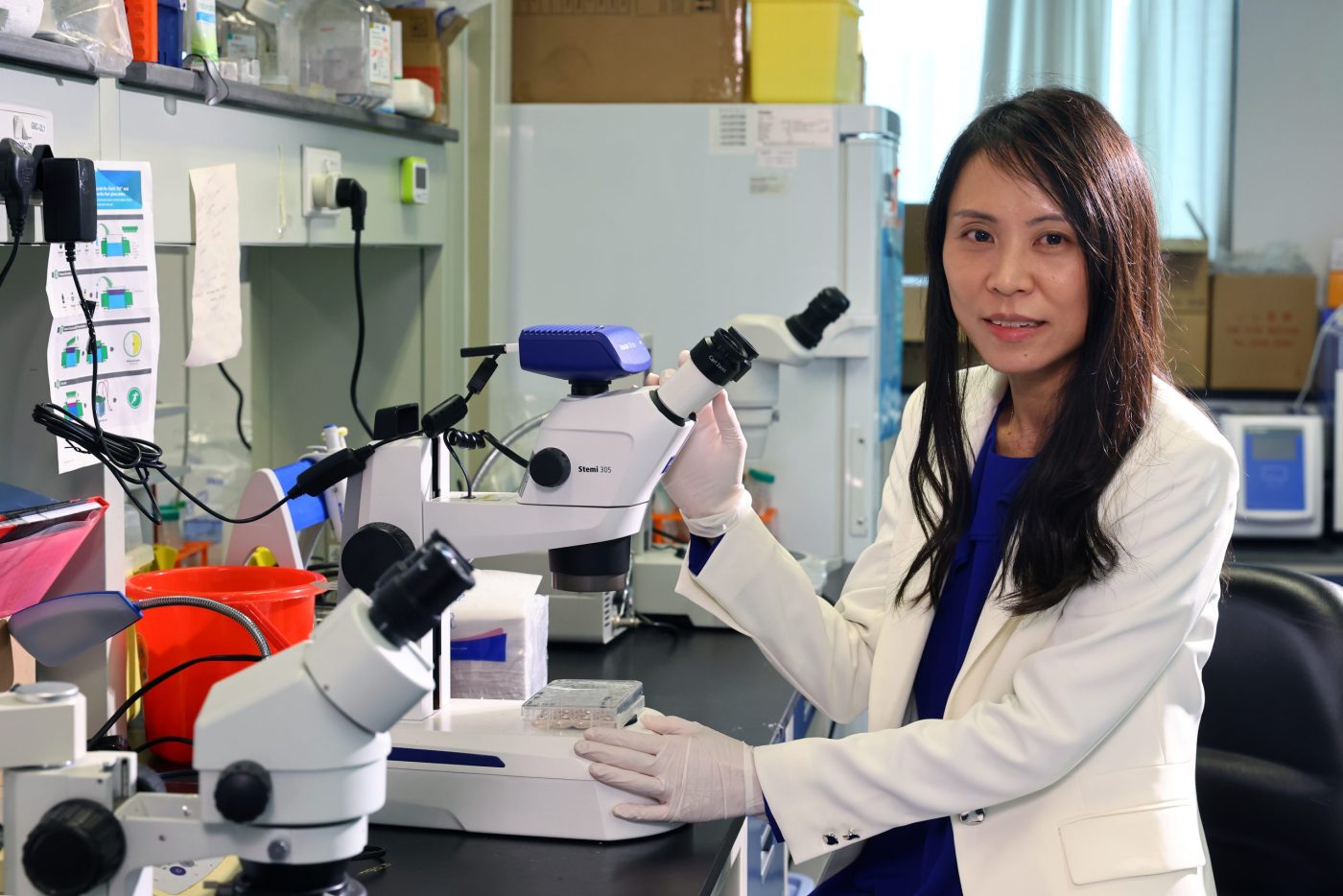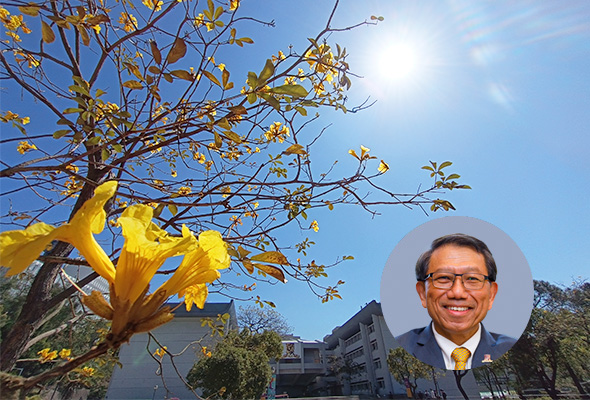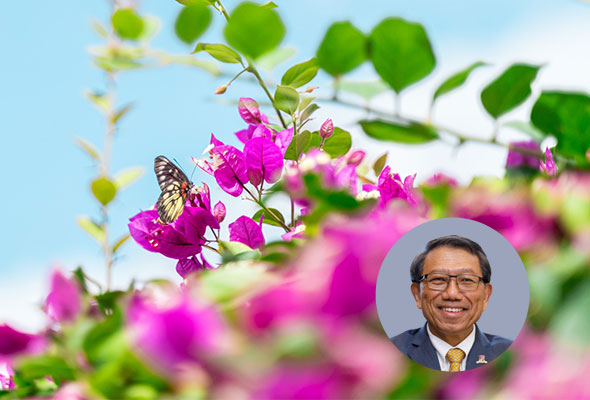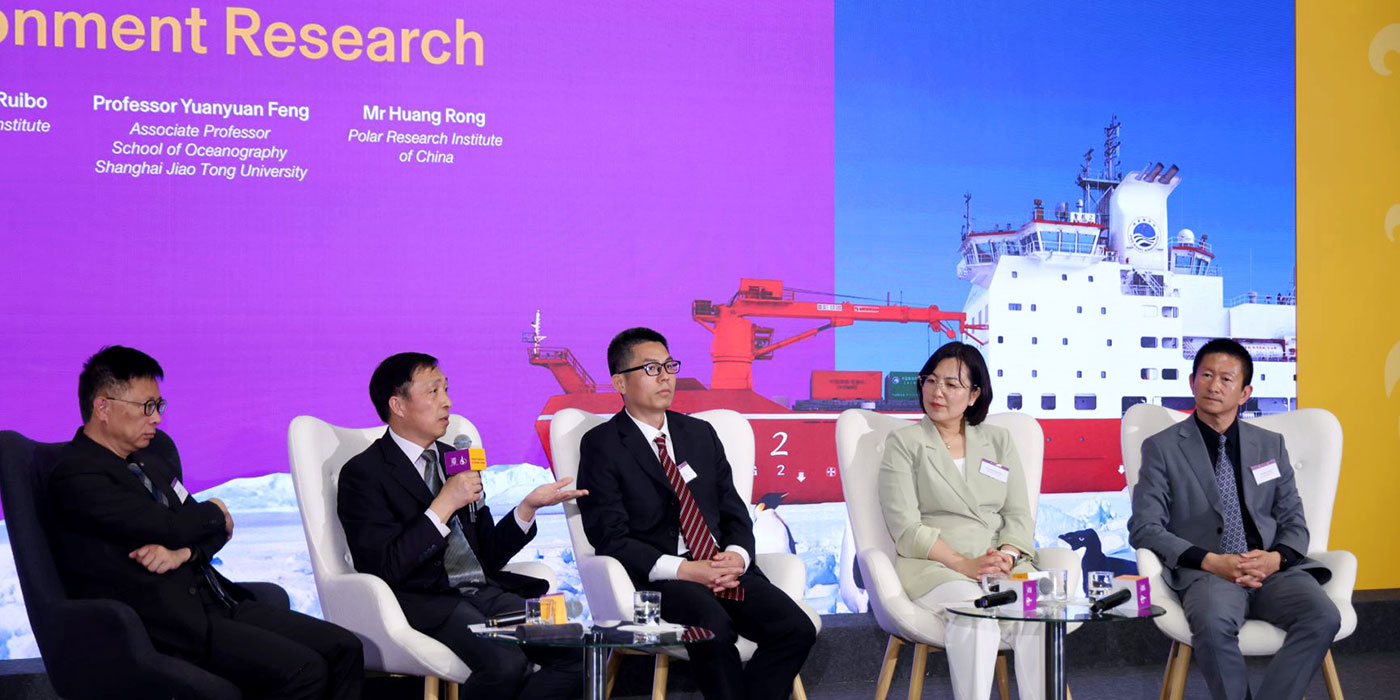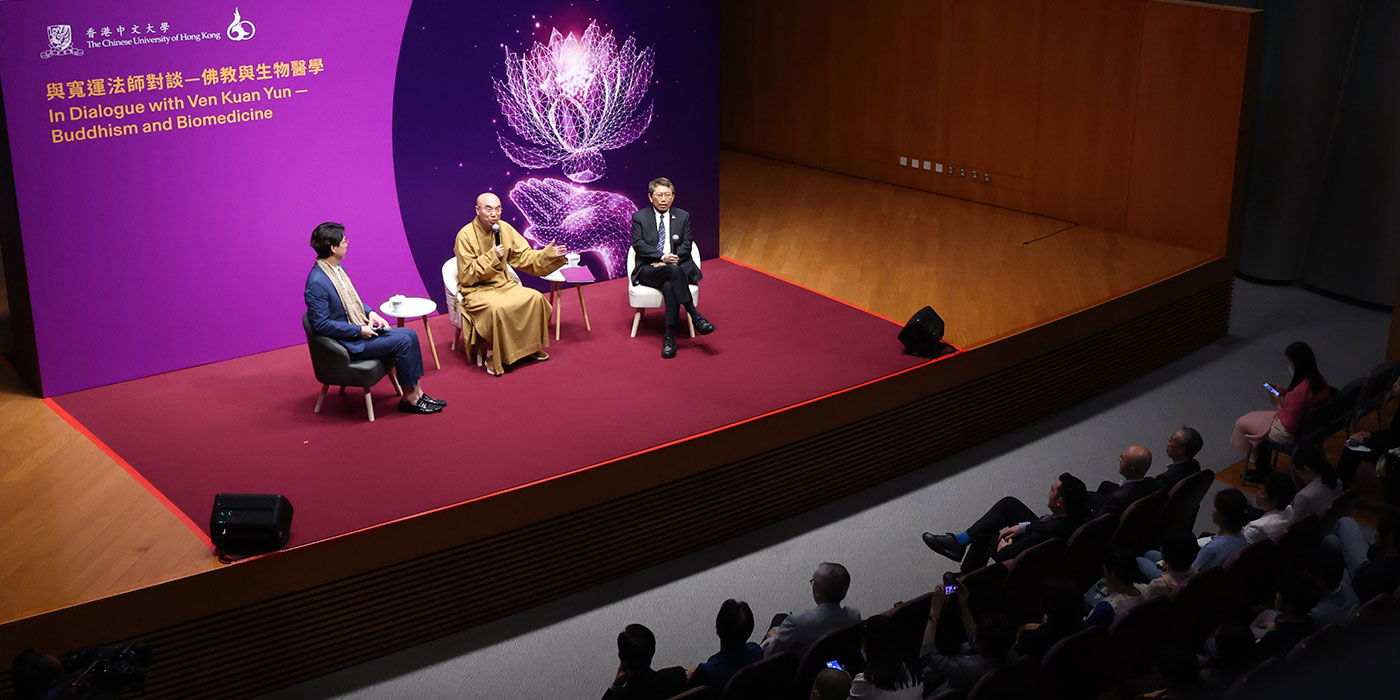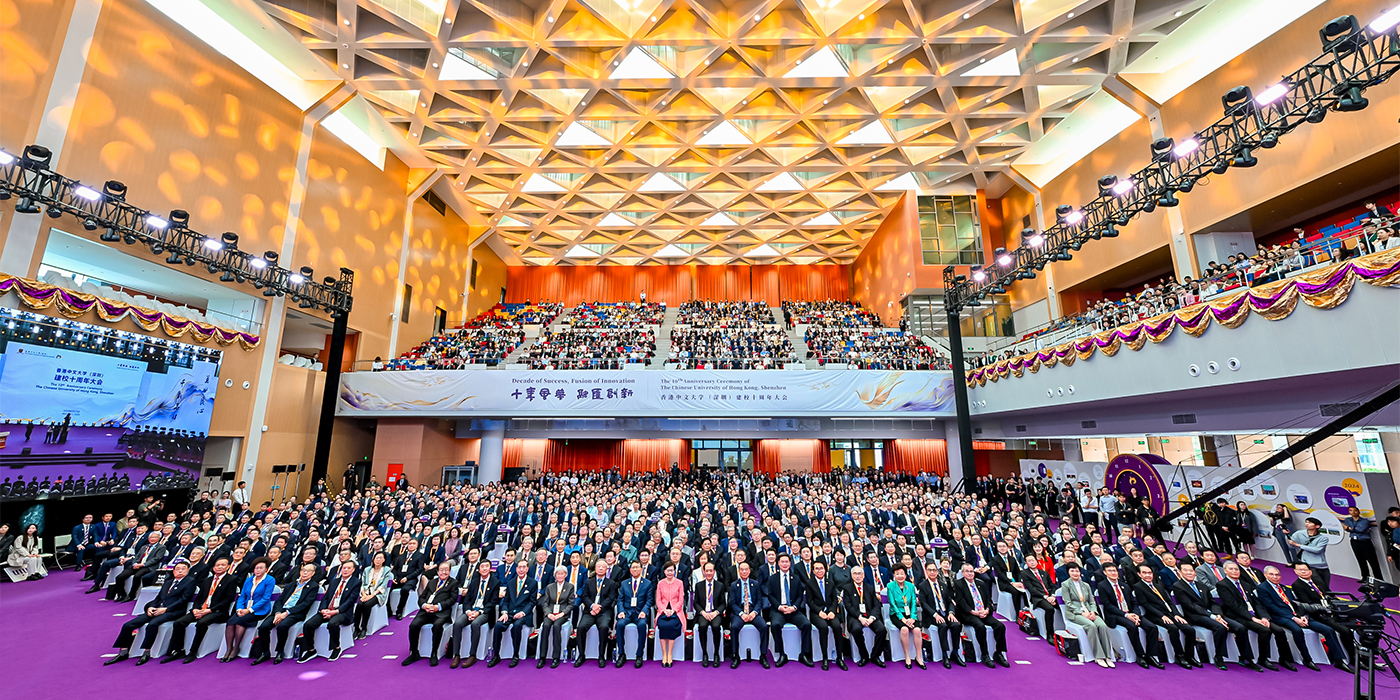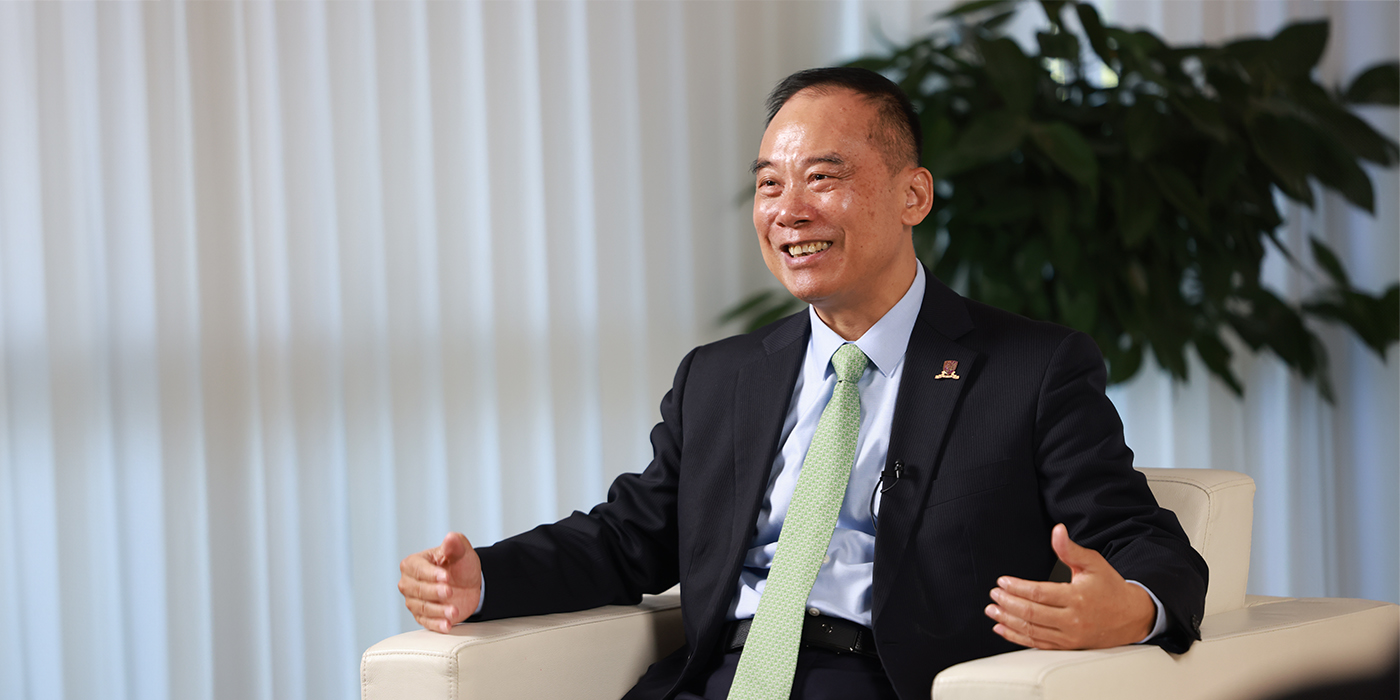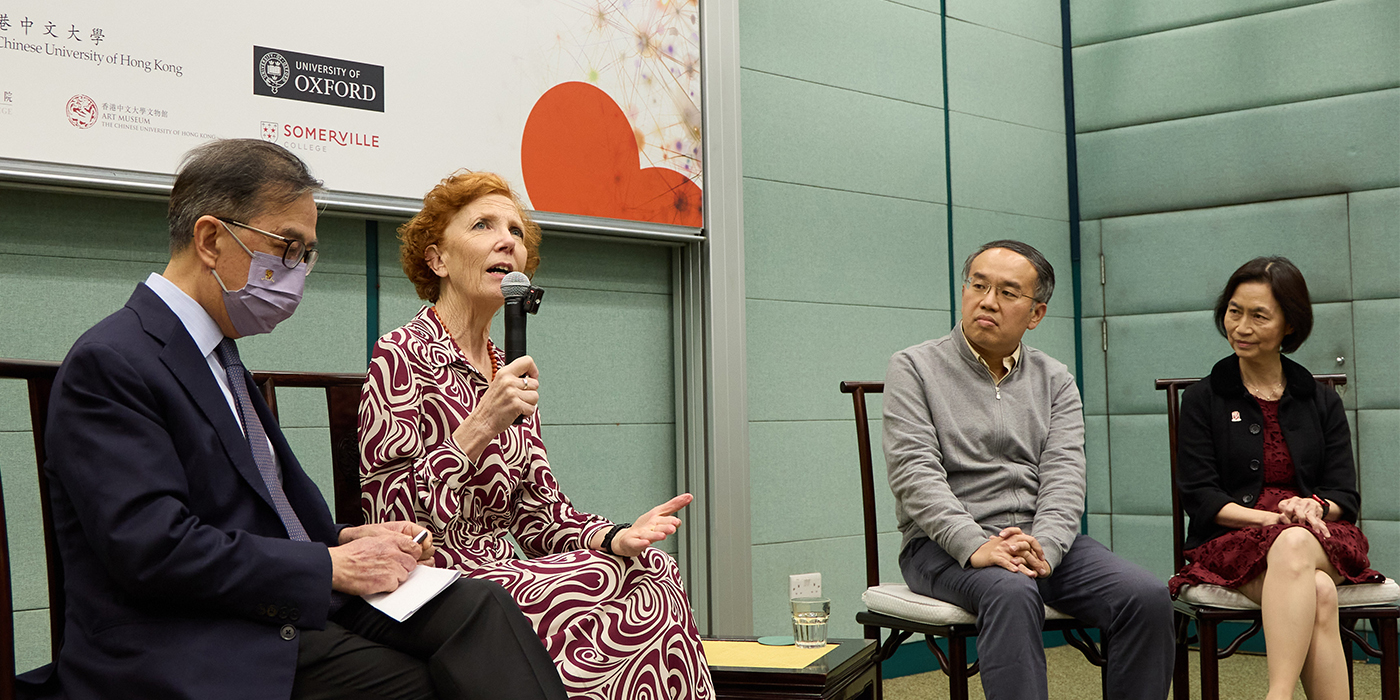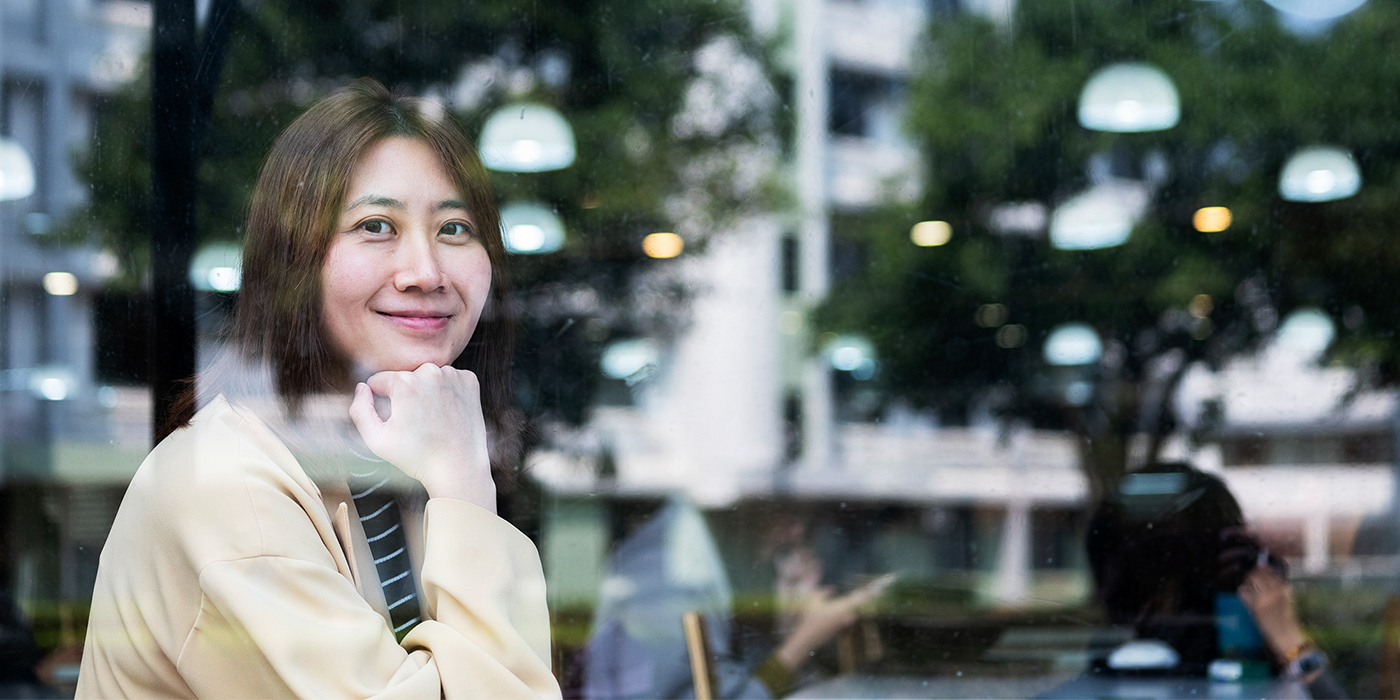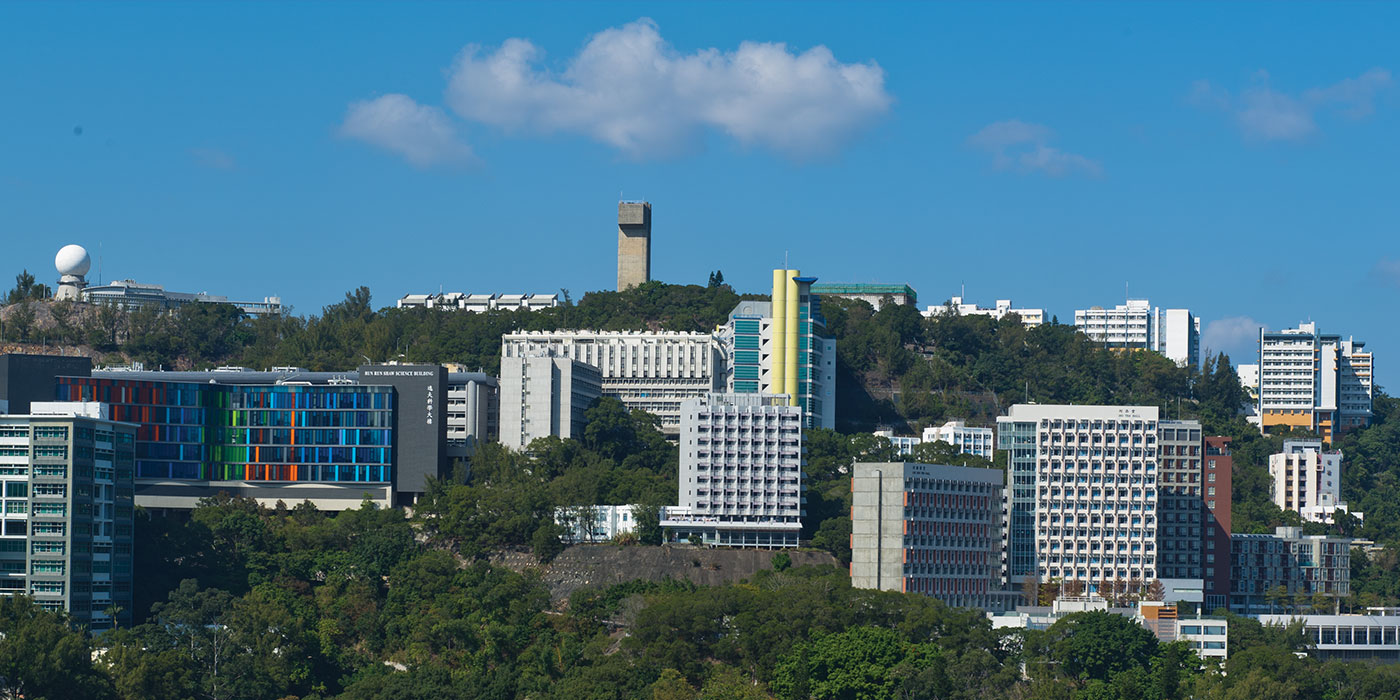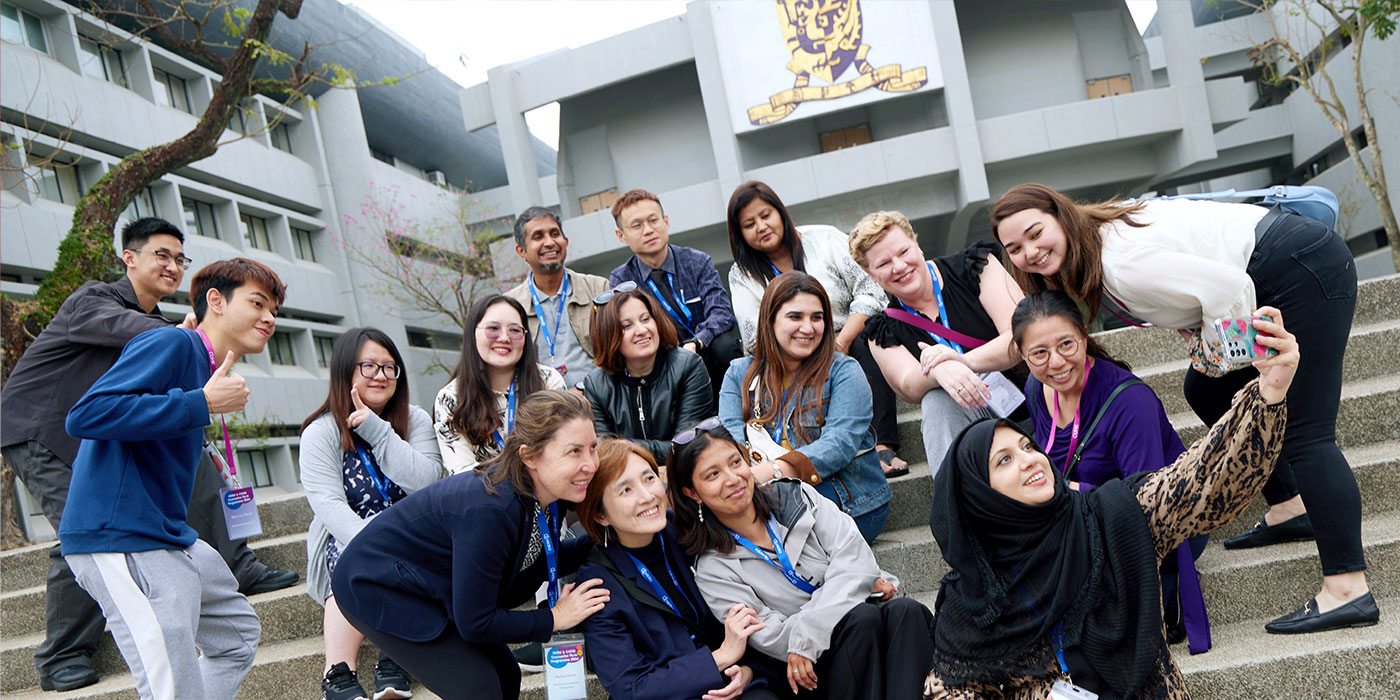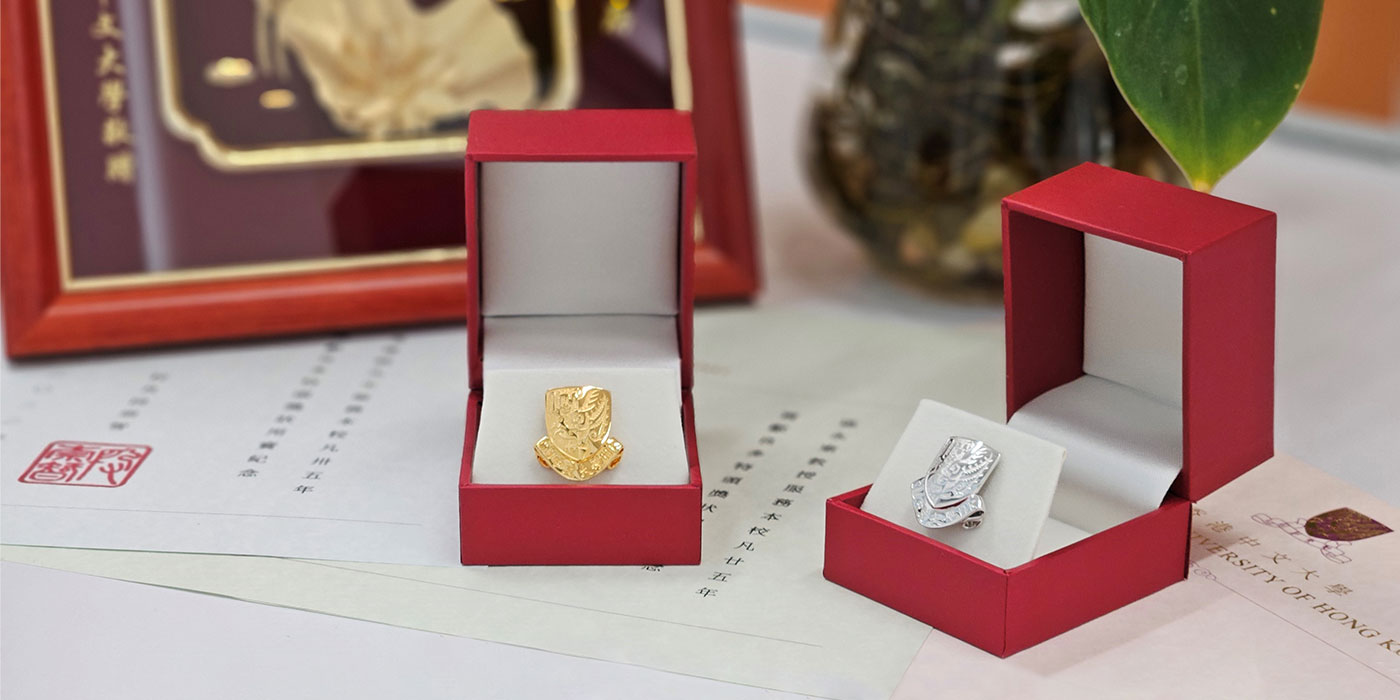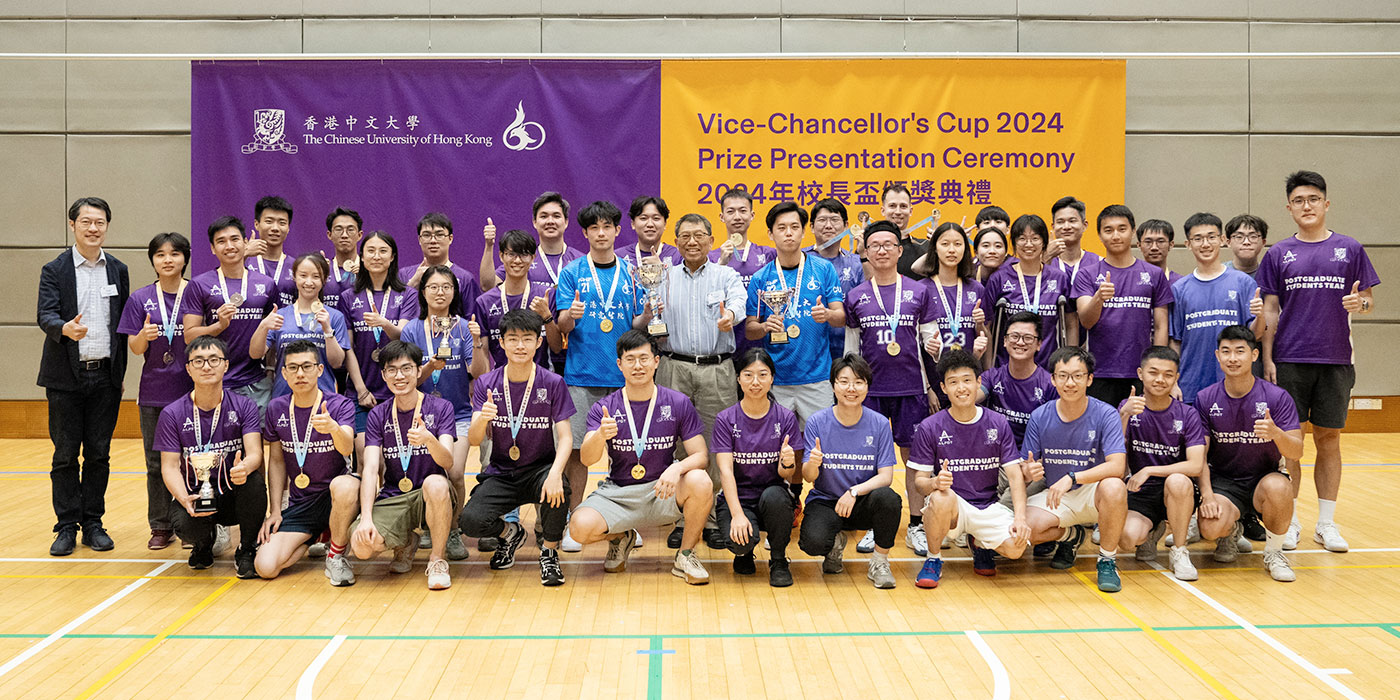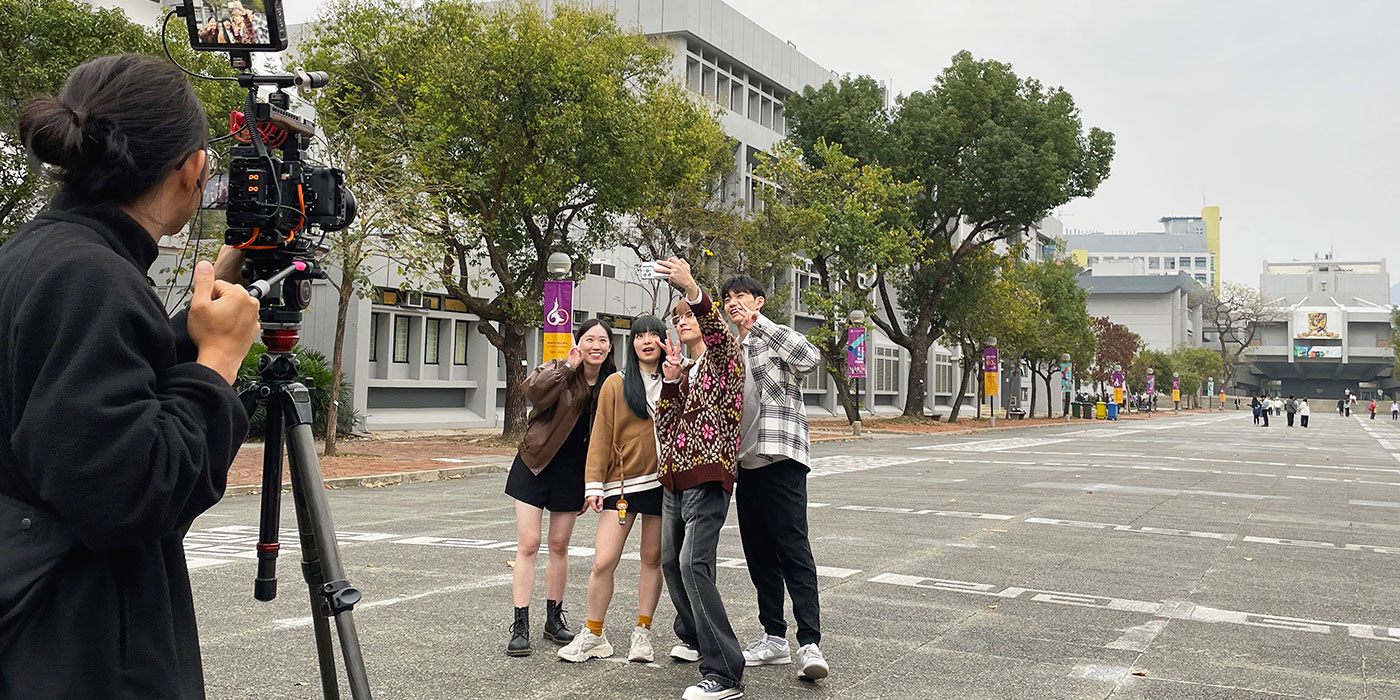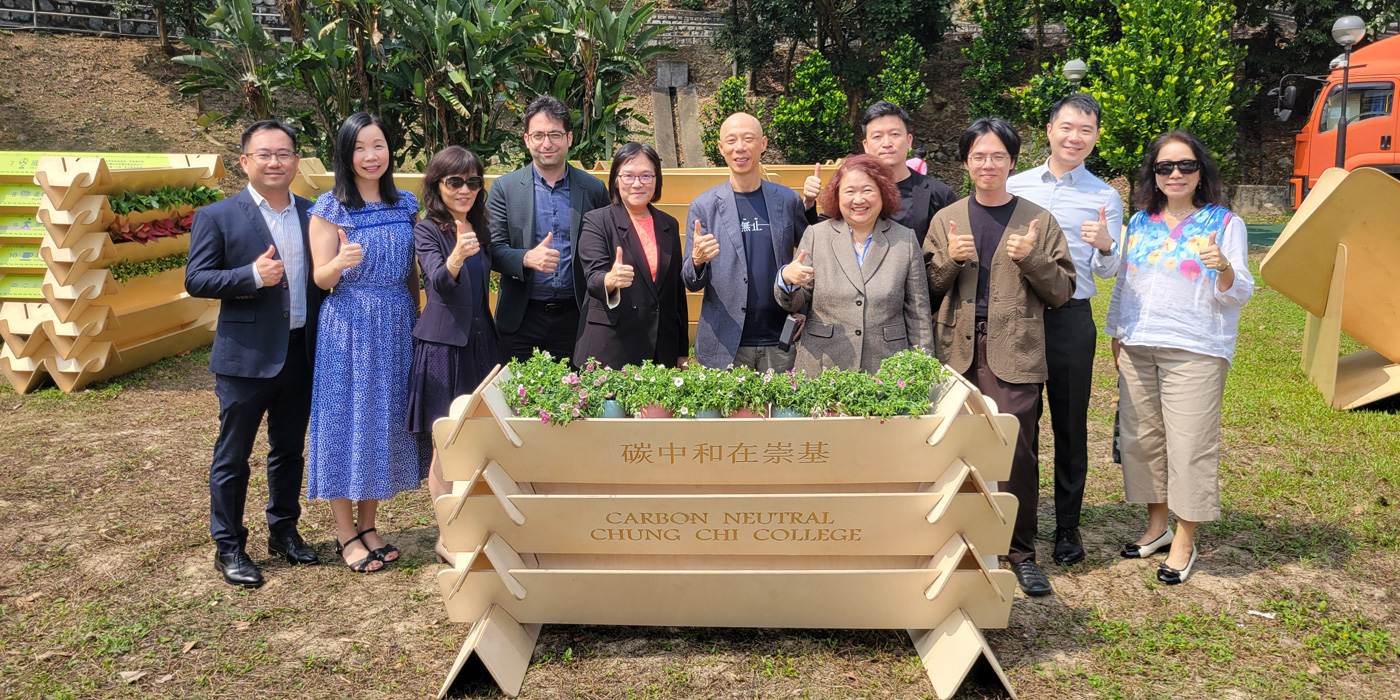Healing hearts
Kathy Lui: patiently looking for new ways to tackle an age-old killer
In her final year as a biochemistry undergraduate at CUHK, Kathy Lui Oi-lan came across an article that ignited in her a passion for research. “I was reading some research publications, and came across one with an interesting title: it was about how stem cells could be developed as medicine. That couldn’t be done in Hong Kong back then.” A whole new world of research possibilities suddenly opened up to her. “I thought since nobody knew about these things in Hong Kong, I could give it a try — and if I could perfect it, perhaps I could bring the technique back here.”
Now a professor at CUHK’s Department of Chemical Pathology, Kathy Lui has gone on to study immunology at the University of Oxford and at Harvard University, and has since won numerous awards for her academic work. Yet she has always kept an eye on Hong Kong, and returned to her alma mater to further her research, using her background in immunology to address one of medicine’s biggest challenges.
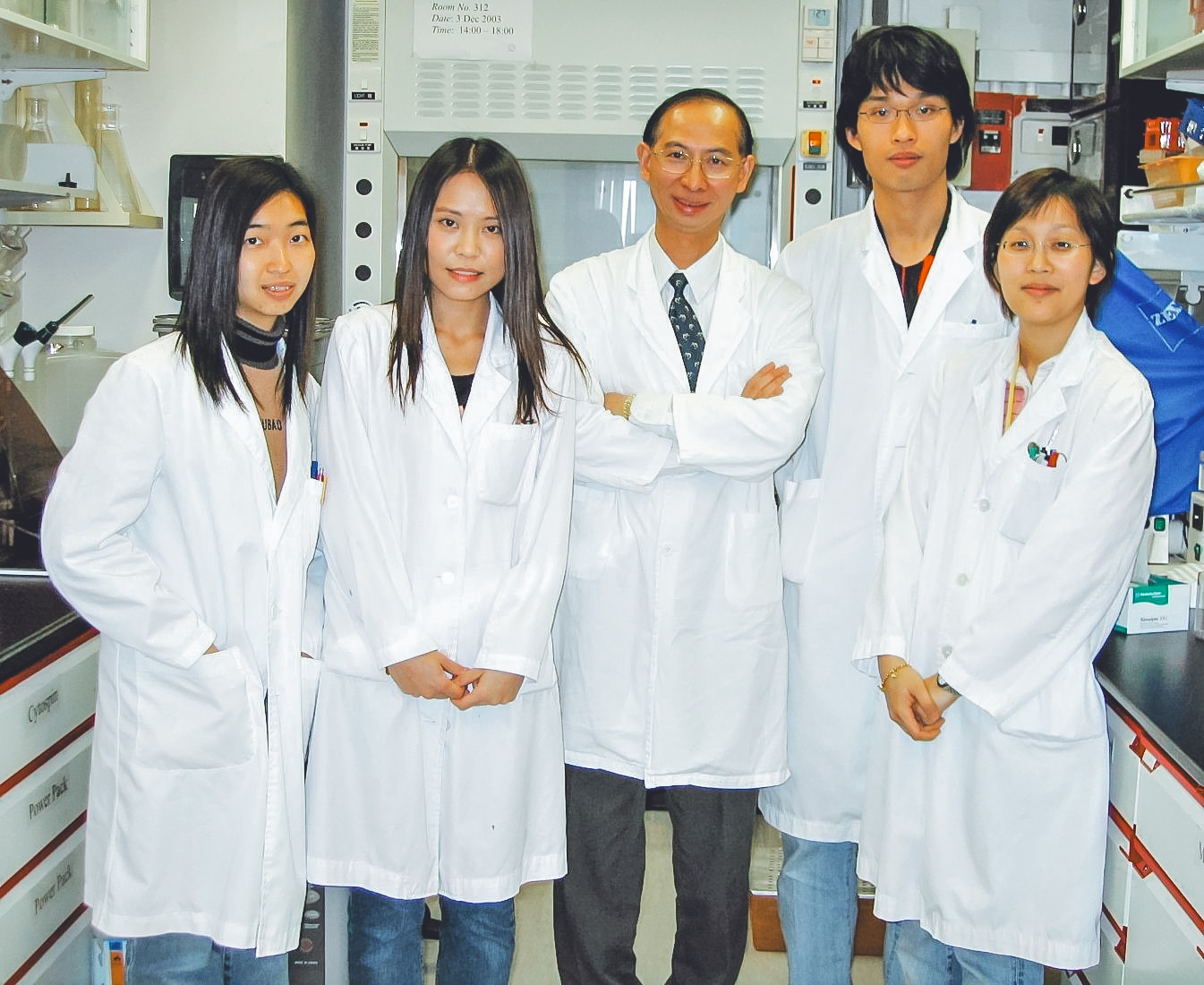
Another perspective on a global challenge
According to the World Health Organisation, cardiovascular diseases, such as heart failure and arrythmia, are the leading cause of death in the world. This is especially true in Hong Kong, where 13% of deaths in 2021 were attributable to heart disease, and although some of them can be attributed to genetic reasons, another important factor is lifestyle, specifically diet and environment. The prevalence of diabetes in Chinese-speaking areas has worsened this problem in the region.
Professor Lui believes that not enough attention is currently paid to lifestyle factors in the development of medications for treating heart disease. For instance, a fatty diet can lead to potentially lethal build-up of plaque in blood vessels, but as the professor says, “there has never been medication that can unblock these blood vessels. All the medicines we have now address the problem of lowering blood lipid levels, but heart disease is a chronic illness. You can delay blood clotting, but you can’t unblock these clots.” Such treatments, she thought, only delayed a potentially lethal problem instead of solving it.
Professor Lui’s background in immunology inspired her to look elsewhere for a possible solution. Her research showed that the immune cells within clots had the potential to dissolve them. “We launched many projects to see if we could control and harness these immune cells, so that these clots can be dissolved.” Of course, the professor is aware that exploring these immune cells and their potential for therapeutic use presents relatively uncharted territory: “These cells are tricky in that they can prove beneficial at times and malevolent at others, and only by pinpointing their beneficial uses can we use them on patients… our research is all about stabilizing these wild swings.” So far, the professor has been granted three patents for her work, as well as the Innovation Award from the Croucher Foundation in 2017.
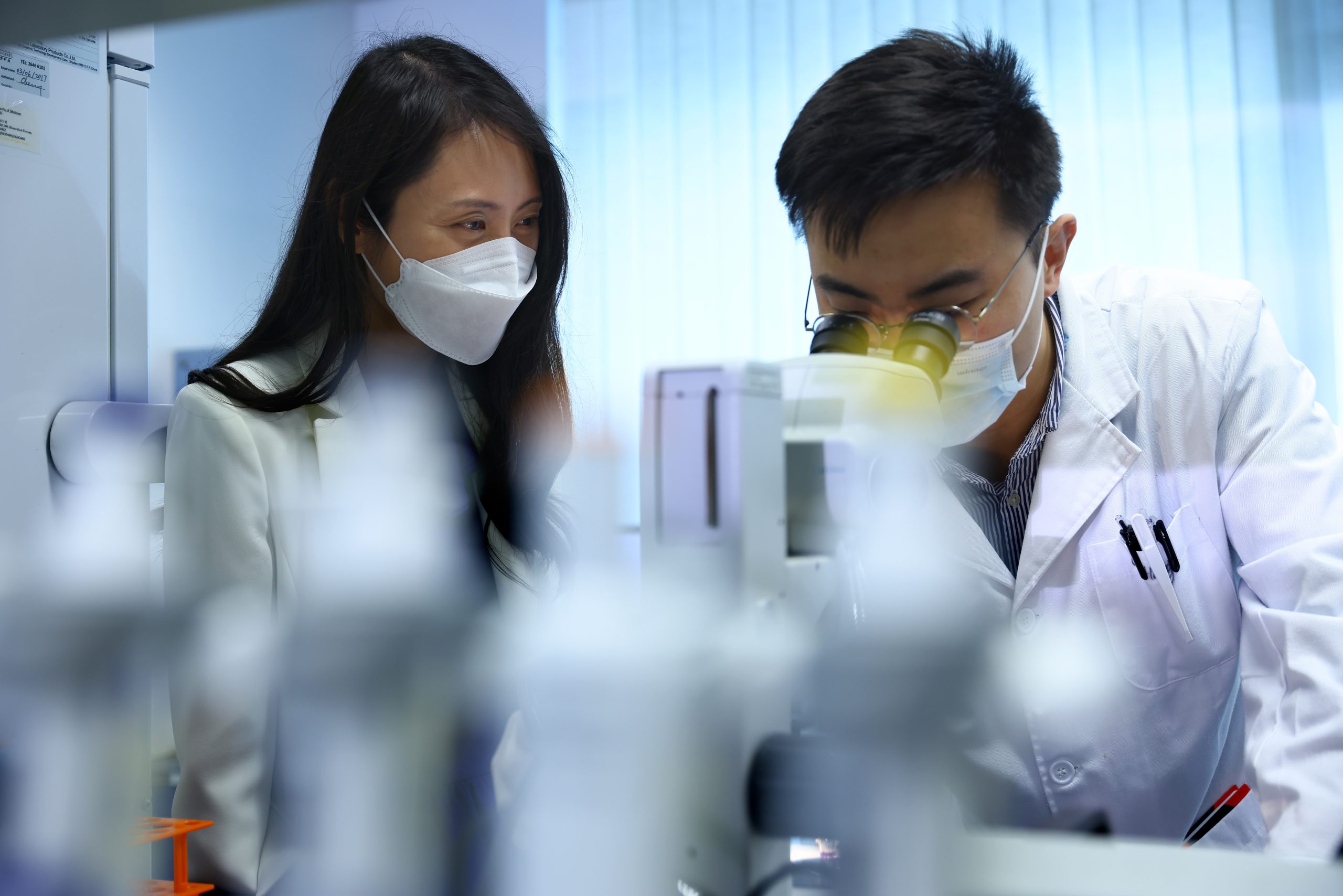
“Constantly facing the prospect of failure”
A rising star in her academic field, Professor Lui is keenly aware of the challenges facing fledgling researchers. As a postdoctoral fellow at Harvard University’s Department of Stem Cell and Regenerative Biology, she faced her share of hardships in research, and recalls a particularly trying project when she had to stay up past one in the morning, just to collect time-sensitive data for her research. “It was tough, but we discovered that RNA is helpful in curing heart disease and published our research results in Nature Biotechnology.” Her research got noticed by major pharmaceutical companies and was later picked up for phase II clinical trials. “The modified RNA Moderna uses now in their COVID vaccines comes in part from our research.”
Her experiences also impressed on her how research is a long and winding road, a realisation which she now tries to pass onto her students. As she puts it, “research is a process where you constantly face the prospect of failure.” Some of her mentees dream of immediate results, of thousands of lives saved through their hard work, but Professor Lui cautions against this idea. “Research in medicine can take up to two or three decades – you can’t just create a new medicine in a heartbeat. So, I have to keep on encouraging them.”
Professor Lui has fostered an excellent working relationship with her team, frequently going on hikes and barbeques together. Although her education and academic career has taken her to many overseas universities, she hopes to do further cardiovascular research while inspiring and nurturing local talent, especially in her alma mater. She established her own laboratory in 2015, specialising in cardiovascular immunology and regeneration. “CUHK is a very large university, and we can collaborate with many other places,” she says. “Not every university has that practice.”
Looking ahead, Professor Lui hopes that she and her team can shed further light on the connection between the human immune system and disease. Currently, her laboratory is looking into how T cells, which play a vital role in immune responses, can help vascular regeneration. The regenerative ability of diabetic patients is often hampered by inflammation of blood vessels, so to solve this problem, her team is looking at how immune cells might kickstart the rejuvenation process.
“I always wondered: why do the tissues of children heal so easily, and yet adults take much longer to heal?” she says. For the professor, the developmental difference between the two has great implications for cell renewal and aging, and she looks forward to continuing her exploration of this new ground in her research.
By Chamois Chui
Photos by D Lee

